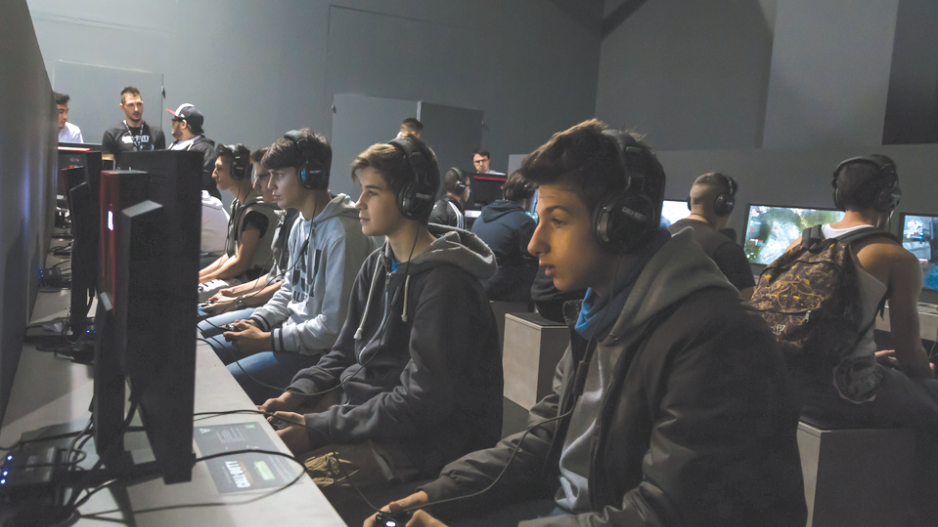The state of Vancouver’s video game industry isn’t so different from the Seattle grunge scene during its heyday in the early 1990s, says Christopher Mair.
“There’s a lot of indie bands here that are making a lot of noise,” said the founder and CEO of Hellbent Games in Burnaby.
“A lot of indie game development studios, big or small, they’re making a lot of amazing things and I think there’s a lot of eyes on the city for that reason.”
Hellbent, an independent studio founded in 2006, has relied on its 20-person team to develop bestselling titles based on Lego.
Despite its success, the small business was founded during a “scary and very risky” period for the industry, Mair said, as most of the major gaming studios were shedding jobs in the wake of the 2008 financial crisis.
But the CEO said a lot of people in the industry didn’t want to leave the West Coast in search of work elsewhere. Instead, they stuck around B.C. to spin off their own independent studios.
Data from the CanDevs industry website shows the number of gaming service providers and studios, which includes smaller, home-based operations, has grown to 107 since the 1990s.
In February, the province extended B.C.’s interactive digital media tax credit of 17.5% to the end of 2018, staving off further exodus of major studios from the West Coast to Quebec and Ontario, which offer tax credits worth 24% and 40%, respectively.
It’s welcome economic relief to home-based operations like Vancouver’s Red Hook Studios, which has followed the growing trend of indie game developers crowdfunding their endeavours to solve cash-flow problems.
The same month the B.C. tax credits were renewed, Red Hook launched a Kickstarter campaign with the goal of raising $75,000 for the development of Darkest Dungeon. The effort brought in more than $300,000 and the studio plans to move into permanent offices soon.
But running the campaign turned into a full-time job for the four-person operation and took time away from production, said co-founder Chris Bourassa.
“A lot of people are unprepared for that. They put something on Kickstarter and just kind of sit there and wait for the money to pour in and I think you need to be much, much more active,” Bourassa said, adding Red Hook hired another employee to help with production after quadrupling its original fundraising goal.
But Bourassa, who previously worked at Backbone Entertainment and Propaganda Games (both subsidiaries of larger companies), said indie developers often don’t properly measure how much money they’ll need to finance their projects.
“You need to have something squirrelled away for the rainy day and you need to have the willingness to spend it,” he said. “Everything costs more than you think it will. It’s really like playing poker and believing in your two cards.”
Mair said it’s also important for independent developers to have a broad range of abilities. Before Hellbent began developing Lego titles, it worked on joystick controls for Supreme Commander on PC.
“We had to size down a little bit [during the recession],” he said, adding a small company provides a lot more flexibility than a major studio.
“I always think of it as a Swiss Army knife. We can reconfigure ourselves to do something else if we had to because we weren’t carrying a load of 100 people or anything like that, where we have to bring in millions of dollars just to pay for salaries every month.”




